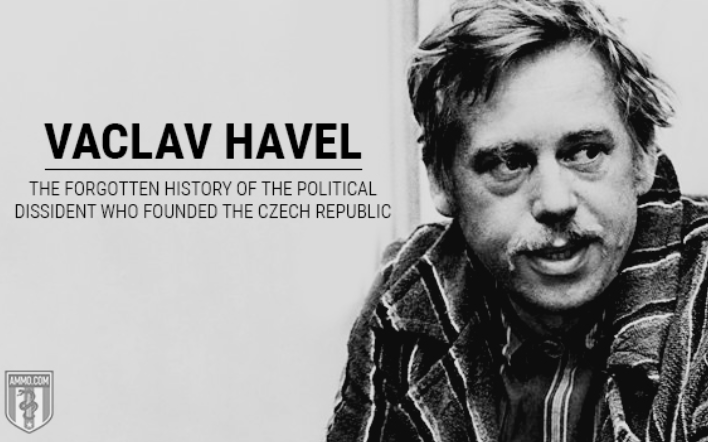Content:

On Not Surrendering in Advance Or At Any Point Thereafter
Meditations in an Emergency
08/20/2025
What is it about noisily enthusiastic, confident defeatists? Is it that they want everyone else to surrender with them so they aren’t the only ones surrendering? Or is it that they are abandoning the very real power we have, to resist, to claim a power none of us actually have, to know the future? Because pretending you know what will happen is a worn-out excuse for not participating in determining what will happen. And we have power to do so. Not just in forestalling authoritarianism, because even if you think it’s too late for that, we have countless examples of people who were amazing under authoritarianism, some of whom did win. Sometimes in big ways by toppling regimes, often in small ways by living with integrity, by protecting a person or a book or an idea or a principle.
Vaclav Havel famously declared – and his words written in something more glowing than lava, are worth revisiting today: “The kind of hope I often think about (especially in situations that are particularly hopeless, such as prison) I understand above all as a state of mind, not a state of the world. Either we have hope with- in us or we don’t; it is a dimension of the soul; it’s not essentially dependent on some particular observation of the world or estimate of the situation. Hope is not prognostication. It is an orientation of the spirit, an orientation of the heart; it transcends the world that is immediately experienced, and is anchored somewhere beyond its horizons. Hope, in this deep and powerful sense, is not the same as joy that things are going well, or willingness to invest in enterprises that are obviously headed for early success, but, rather, an ability to work for something because it is good, not just because it stands a chance to succeed.”
But if you show up and do the work you might win – and part of winning is taking the attitude that, as Havel notes, what you can do is worth doing despite the fact that you can’t know the outcome. At the very least you’ve won the battle of how to be the most heroic version of yourself. The power of authoritarians is not unlimited. The power of people under authoritarians is not nonexistent. Havel, it’s really important to say, said those words when he was a playwright who’d been imprisoned multiple times for his outspoken opposition to the Czechoslovakian totalitarian state, which was itself dominated by the very USSR Vladimir Putin would like to recreate, including by fully annexing Ukraine (and erasing its threatening example of a diverse democratic former Soviet republic right on Russia’s border).
It would have been outrageous of Havel at this point to believe that he could within a few years help topple the Czech regime and become its first president after doing so. And then he did. Don’t let what you do be limited by what you assume is possible – what you do has to be governed by common sense and wisdom but those sometimes tell us to not assume we know the limits. The first rule of the future is that no one quite knows what it will be, and major changes not uncommonly emerge from players who were not long before invisible, dismissed, derided.